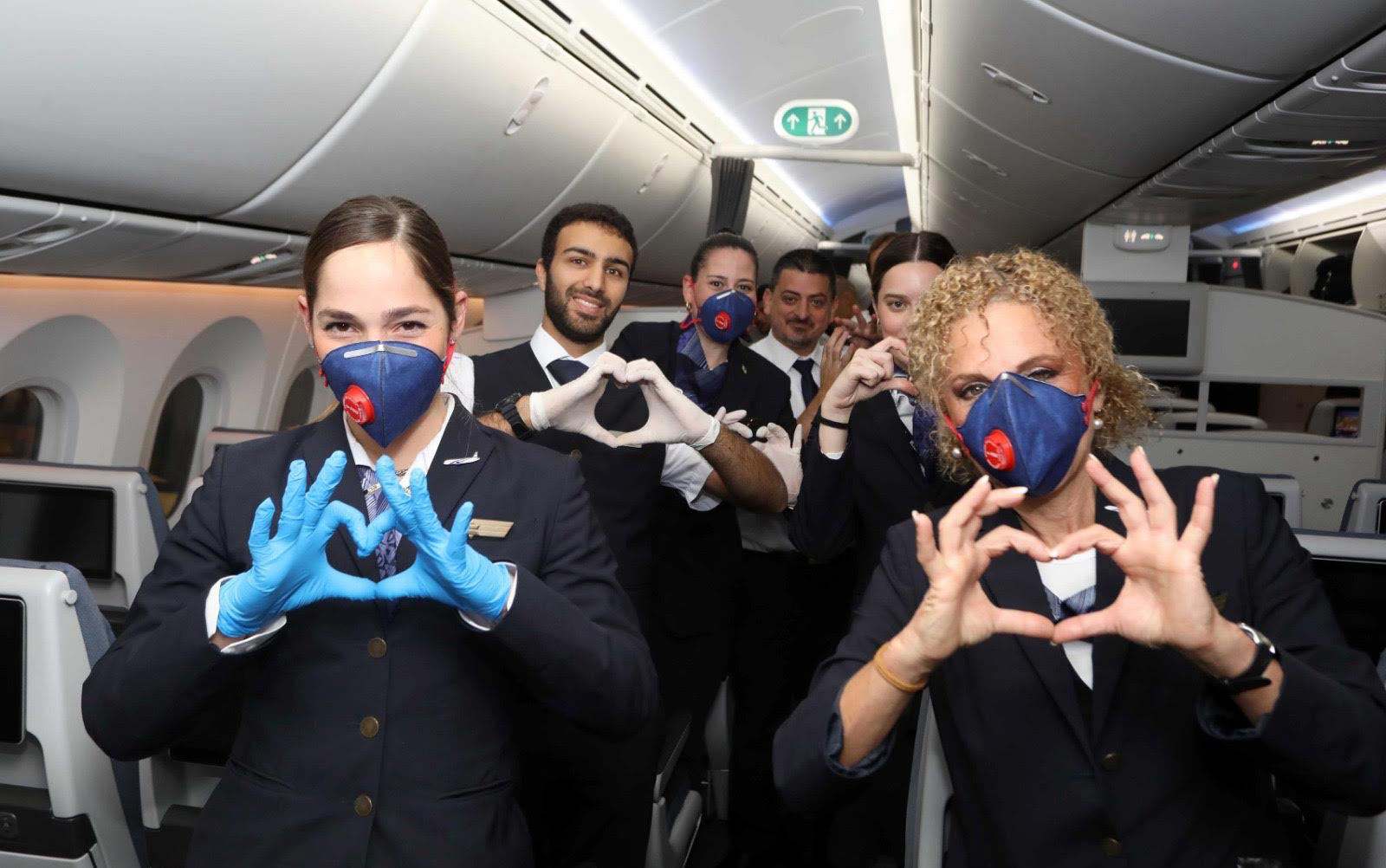The global outbreak of the novel Coronavirus (Covid-19) has hit the world of aviation hard. Amid the rapid spread of the infectious disease and the declaration of a state of emergency in many world regions, airlines have had to suspend passenger flights and cut schedules significantly. In an effort to stop the pandemic spread, governments have closed borders and requested or forced people to stay home.
The standstill of public life due to Covid-19 is unprecedented in all respects. The air transport sector has proven its ability to adjust in the past and in the current situation, supports the fight against Covid-19 with what it does best: transporting people and goods to where they are needed. This article explores how the aviation industry shifts medical equipment and staff, repatriates travellers and contributes to maintaining supply chains during the Covid-19 crisis. The examples featured are not exhaustive but provide a snapshot of what the industry is doing – with much more being done in all parts of the world.
Supporting delivery of medical equipment
In a pandemic outbreak, simple goods such as face masks, protective gear, gloves and disinfectant quickly become scarce commodities. Demand is also soaring for medical equipment such as ventilators, lifesaving for patients suffering from respiratory illnesses, and medicines produced as part of the global supply chain.
As one of the first measures to support the fight against virus, airlines around the globe started to transport medical and personal protective equipment to the regions most affected by the public health crisis.
Compared to other modes of transport, air freight is fast and reliable over great distances. Looking at the value of goods, over a third of all international trade is sent by air, but the volume is relatively small, at just 0.5%. In times of crises, however, time is of the essence and authorities turn to the speed of air transport.
Alitalia flight AZ675 landed at Rome Fiumicino Airport on 24 March with two million protective face masks from Sao Paulo, Brazil for hospitals in the Piedmont region in northern Italy, where health workers are operating under very difficult conditions.







